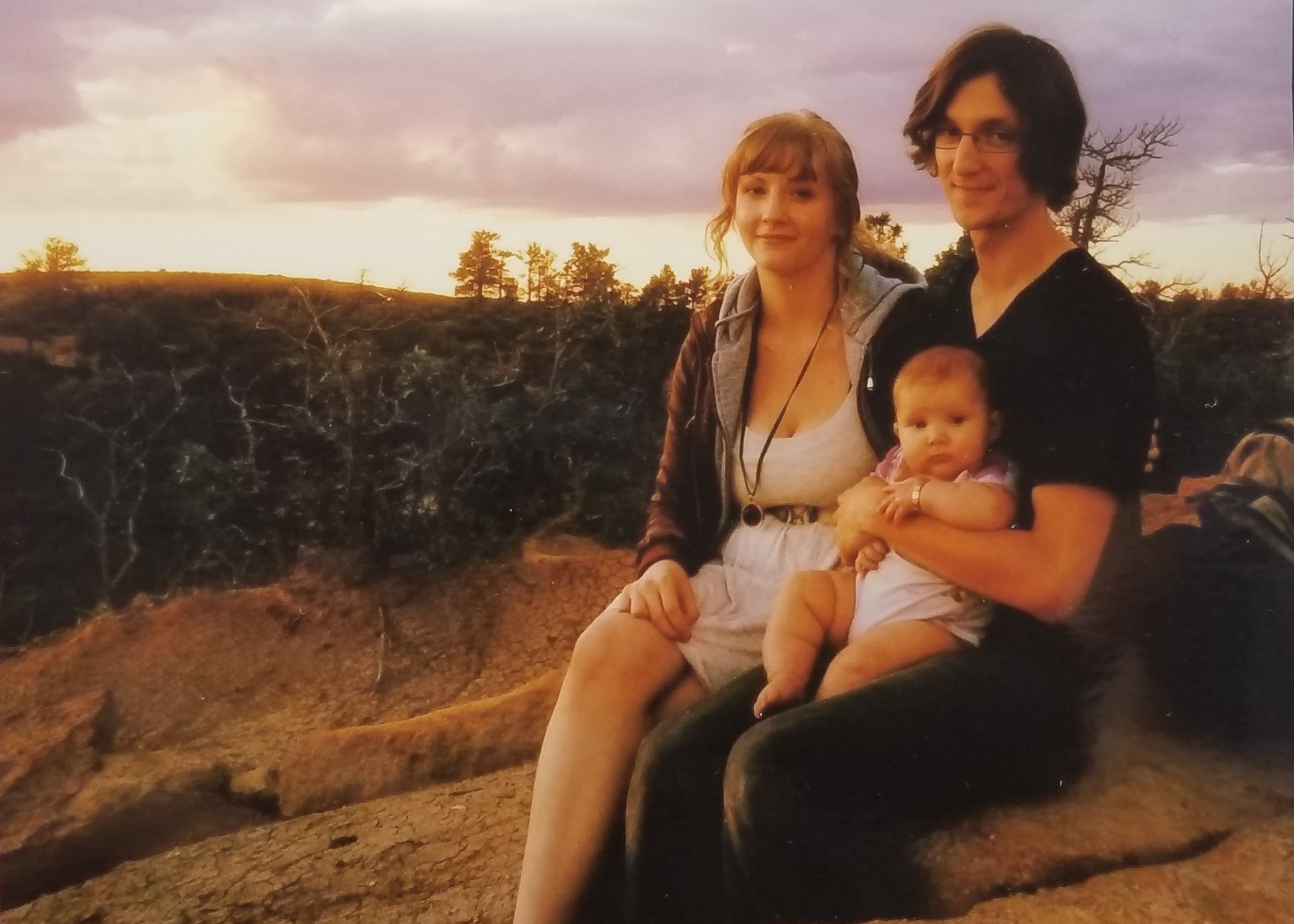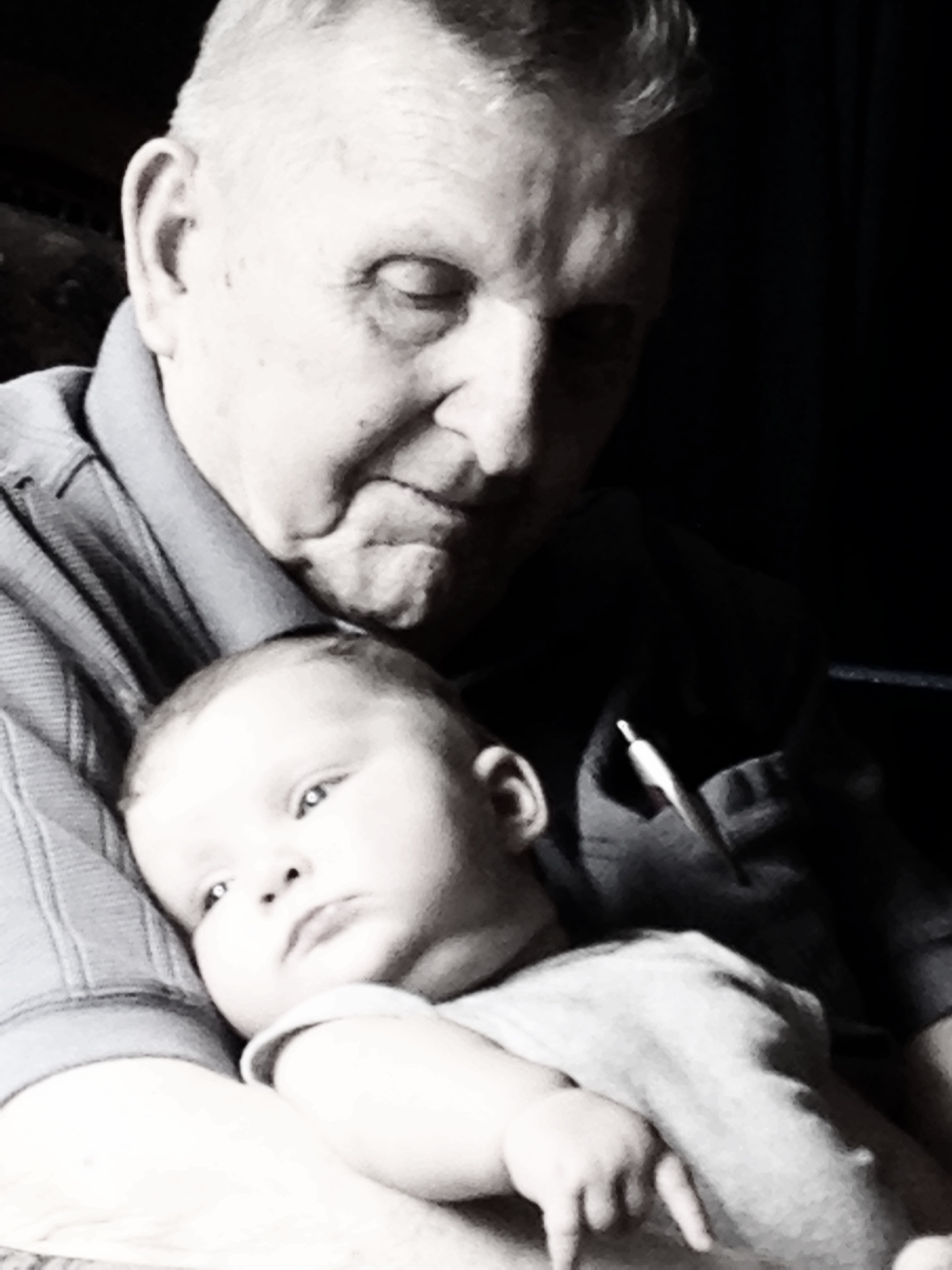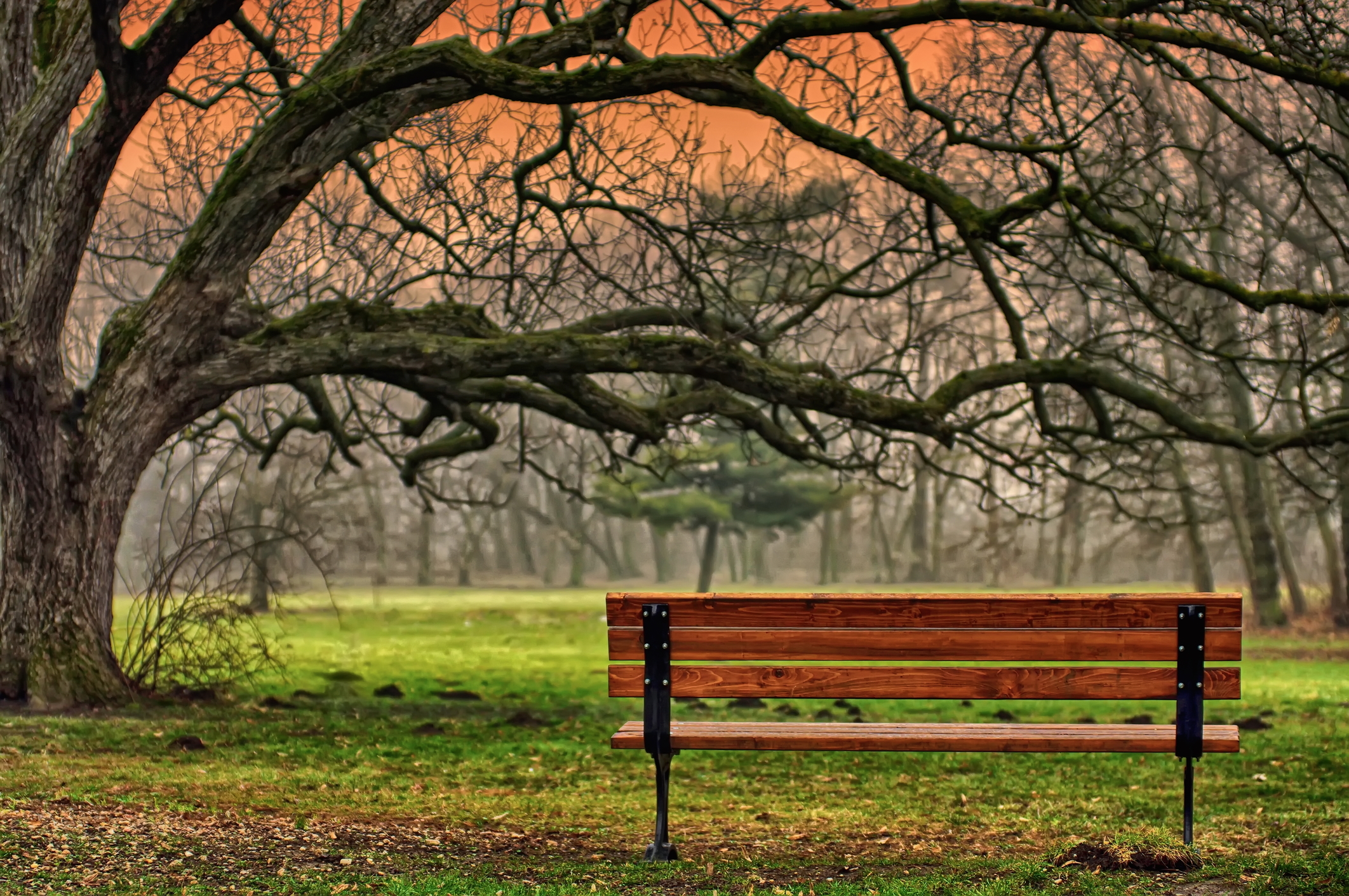
Compassion
I’m not ready to write about the loss of my son, Scot, so this is not that post. But time does not give us the luxury of a pause button so we can grieve according to our individual needs. It presses on, relentless. We’ll all find our way through the forest eventually, but meanwhile, Scot’s wife Abbie, and daughter, Luna, are going to be struggling in real time with the sudden demands of rent and bills and just figuring out what to do next. I’m posting this to give you an opportunity to help. You can mail donations to Abbie Parolini in care of me: Steve Parolini, 2734 Mirage Dr., Colorado Springs, CO, 80920. Or, you can simply use PayPal to send a donation. Send it to steve@noveldoctor.com and make a note that it’s for Abbie and I’ll make sure it gets to her.
Meanwhile, take a few minutes to read this brief paper Scot wrote for school a couple years back. It’s as relevant today as then. It’s also one more piece of evidence that the world didn’t just lose a 24-year-old suffering from addiction and bipolar disorder and seizure-causing brain tumors, it lost a passionate, gifted advocate for the de-stigmatization of addiction/recovery and mental illness.
“I was twelve the first time and it made me feel so safe. There was light around the snowflakes, beautiful and warm. We were so happy then. Seven years later, I was nineteen and I had nothing left. I ditched my foils in a trash can five miles from Brighton Center for Recovery, my fifth attempt at in-patient treatment. I wondered if it would catch on that time, but it didn’t, I was too afraid to face the shame. Rehabs are safe, they tell you that because “the real world” isn’t. Nowhere else in the whole world will you get a pat on the back for learning how to function without drugs or alcohol. Our society lacks the compassion necessary to support an addict who is seeking recovery.
When I finally got clean, I stopped expecting people to understand. My support came from a select few who met me eye to eye and spoke honestly about their experiences. They also told me to stay quiet about who I am; nobody will understand, they said. I was still to be categorized as a junkie, kept at arm’s length by my friends, and it was believed by most that I would soon go crazy, get locked up, or die. There were very few people I was able to talk to about how to not do these things. I felt alone.
It seems the world has forgotten about or ignored all medical recognition of the fact that addiction and alcoholism are diseases; unique mental illnesses which require treatment and support. My psychology textbook recognizes the disease model of addiction. In 1961, Dr. Carl Jung wrote letters to the early members of Alcoholics Anonymous (who were some of the first to believe alcoholism is an illness). He expressed great sorrow for the public’s neglect to address the crisis, and he thanked the founders of AA for providing a safe haven to those who were afflicted. In one of his letters to the founders of the AA program Jung remarked, “…you have acquired a point of view above the misleading platitudes one usually hears about alcoholism.” Dr. Carl Jung founded analytical psychology.
Addicts are caught between a powerful physiological pull to the drug and an impossible path to a clear mind. Addiction is a bio-psycho-social disease, it is chronic, progressive, and fatal. People think that there are enough resources available; they wonder why anybody would complain about needing more support for such things. I couldn’t even find help on the internet. I used to search on the topic of addiction and see the public’s past searches “do addicts really feel” and “do addicts deserve to die”. With such a negative perception staring back at me from my computer screen, it was tough to admit that I had this problem.
There are over twenty-million addicts and alcoholics in America. That’s roughly the population of Texas (which is really, really big); one tenth of the U.S. population. It’s the deadliest and most expensive disease to date, and the public’s misperception of the problem exacerbates it. On average, one-hundred and thirty overdoses occur each day. If we released the prisoners who do not meet the criteria for substance use disorder and all of the prisoners who were arrested for drug/alcohol related charges, we would free up eighty-five percent of all prisons (25,900 dollars annually PER prisoner).
So, do addicts deserve compassion? Yes, because addicts are humans; humans deserve compassion. I’m not writing about the choices people make when they decide to get high for the first time, bump their using up to the next hard drug, or drink one more before heading home. Those decisions are simply made by humans, we all have the ability to make those decisions. I’m writing about how a failing system debilitates us; outdated legislature, shameful stigmatization, dishonest media and social injustices that profoundly affect you even if you have never met an addict, even if you disagree with all of this.”



3 Comments
Barbara Overgaard
I remember when Scot wrote that paper. I was one of his instructors (Advancing Academic Achievement). I believe he actually wrote that paper for an English class, and for a presentation at a Multi-cultural Awareness Conference that a few of us encouraged him to present at. For my class he and some other students did a project that involved creating a Recovery Club. Scot stood out to me as a young man who had great compassion and conviction that went beyond his own needs and journey; he cared about others and the “system” that failed and still fails so many.
Beth Fletcher Berkland
Blessings to you and yours, Steve…my heart hurts for your family and I truly empathize. Peace be with you all ❤️
Greg Burbo
I have lived, mostly successfully and sometimes incredibly unsuccessfully with manic depression (now watered down to Bipolar I) for about 40 years or more. Who can really say when it starts. I’ve also worked 5 years in mental heath and 3 years in corrections. Nothing really gets corrected in corrections. Stigma is probably to most dangerous enemy as Scot to elegantly said. Even, and maybe especially among mental health professionals, it is the norm. The magnitude of the problem is astounding demoralizing to me. I no longer work in the field.